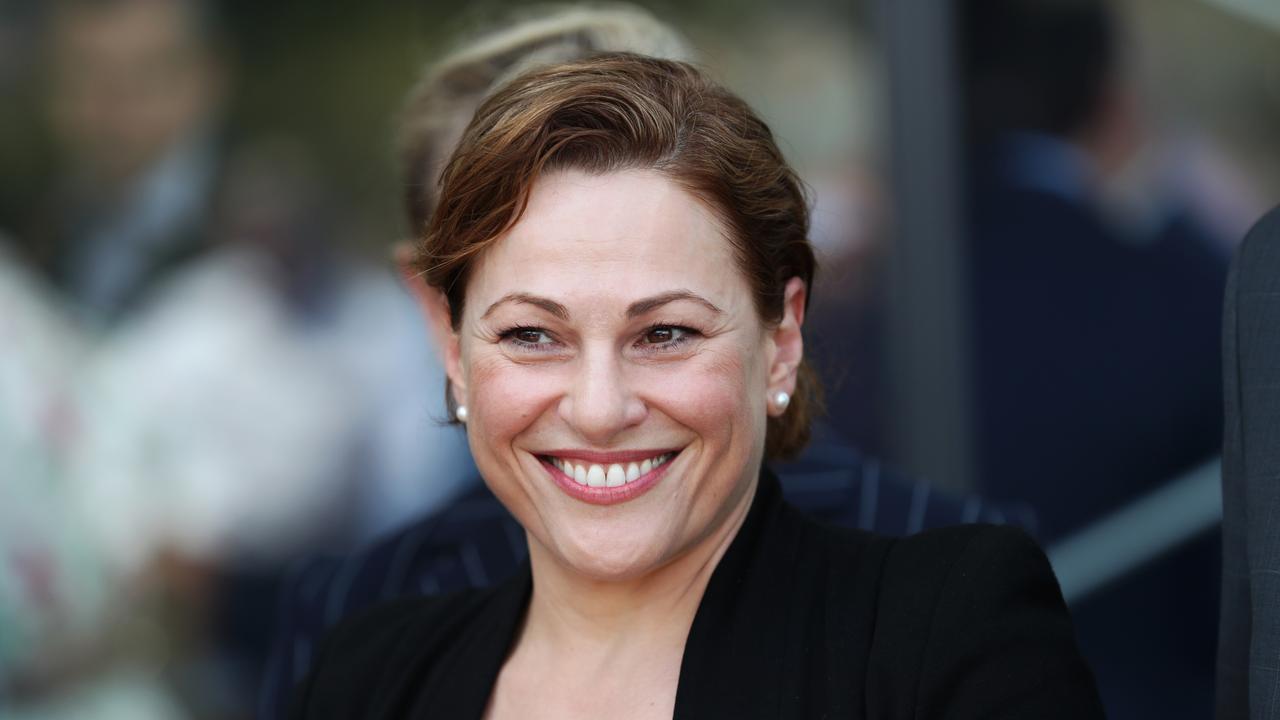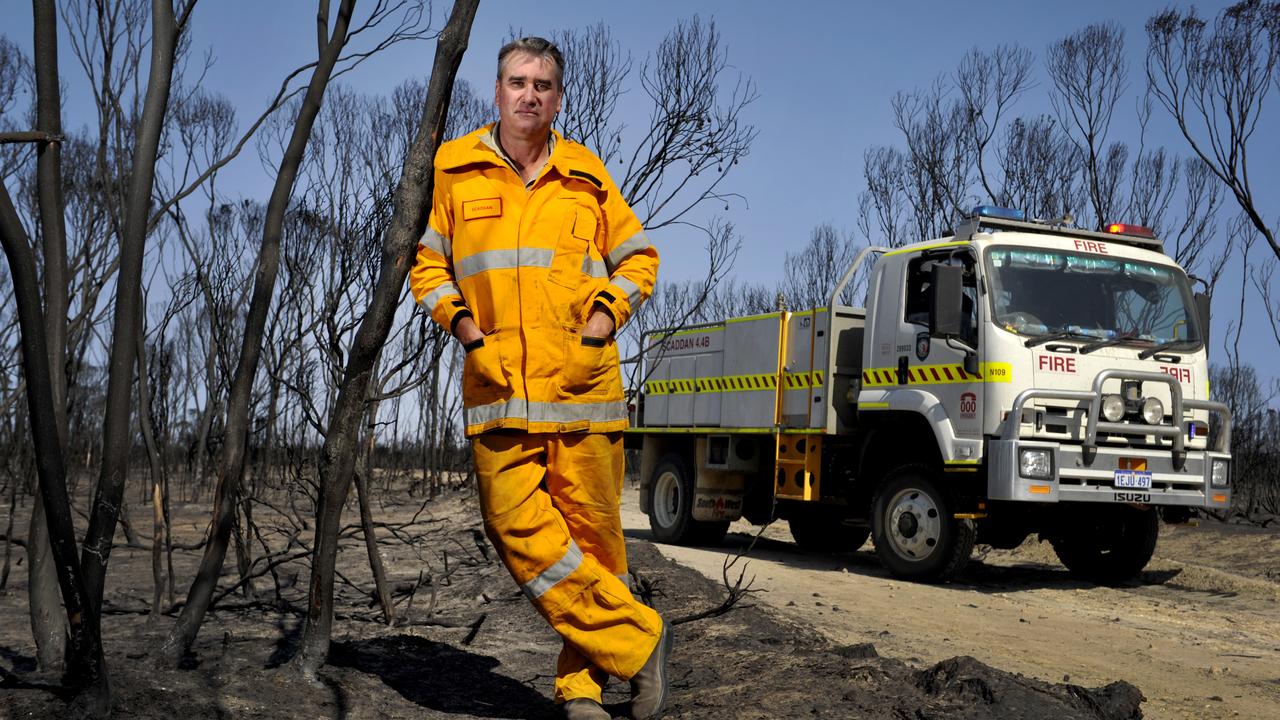Meanwhile, in Victoria: Daniel Andrews the new Jeff Kennett?
The Premier’s position on firefighters is killing his leadership; we don’t want lockouts; spinning the Olympics.

Daniel Andrews is starting to look a lot like an angry Jeff Kennett of old.
Kennett, while a much more effective premier, suffered in the long term because he wouldn’t shift on issues.
This was both his strength and weakness.
Andrews, in a personality sense, is the most like Kennett of all the premiers since 1999.
For all the criticism, Andrews has some significant policy achievements and moved decisively on infrastructure, in sharp contrast to his Liberal predecessors.
But his inability to finesse his position on the firefighting union is slowly killing his leadership and possibly his government.
Andrews belittled a report at the weekend that suggested the cost of the industrial agreement could rise to $700 million, insisting it will be closer to $160 million.
Andrews has two problems.
The first is that anyone who says the UFU will stop at an incremental increase in their power is naive, duplicitous or stupid.
This is not how UFU secretary Peter Marshall operates and nor would you expect him to.
If a government is prepared to tickle his tummy, why not go even harder still?
The second point, one that is even more important politically than the agreement dollar figure, is that the CFA debate is not now all about the facts. Even if the facts are well against Andrews.
Critically, Andrews has lost the perception war.
His government looks bloody-minded, arrogant and stupid for not having backed away from its handling of the UFU/CFA/MFB dispute.
Now it’s too late.
Kennett suffered from this problem but he has an unparalleled record in the modern era and his reform agenda has left every government in its wake.
To that end, he could afford to be arrogant, even though it probably cost him the 1999 election.
Andrews is a good six years away from getting the runs on the board.
The way he is going, he won’t make it to the next election.
He is no Kennett on outcomes but is looking like one on the personality front.
At least the Treasurer is happy
The one person cheering particularly loud at last week’s rate cut, in the short term anyway, will be state Treasurer Tim Pallas.
Just as it looked as if Melbourne’s housing market was beginning to cool off, along comes the RBA.
Worried about a strengthening dollar, the bank cut the official cash rate to 1.5 per cent. The major banks, amid heavy criticism, have failed to pass on the full cut but clearance rates in Melbourne were up again on the weekend.
Strong housing prices and busy auctions keep the stamp duty and land tax revenue pouring in to Tim Pallas’s coffers helping him balance the state’s books amid a big spending infrastructure agenda.
But Pallas has also been given responsibility for housing affordability, even though he has a vested interested in making it more expensive.
The Treasurer has been promising to reveal more about his housing affordability package since the May Budget, but so far nothing has been released. There has been a subcommittee of Cabinet working on it apparently, but there’s been no formal process for submissions and no news so far for beleaguered home buyers preparing to slug it out at auctions as the peak selling season approaches.
The political challenges of population growth
RMIT planning professor Michael Buxton is leading a growing chorus of criticism of Melbourne’s livability.
For the past five years the southern capital has led the world on what are generally dodgy international surveys of stability, culture, healthcare and the like.
The idea that the mantle could be handed to a European city in the current terrorism environment is hard to imagine.
Buxton and co need to be careful about the dangers of talking down a clearly great city.
Labor went into the 2014 Victorian election without a population policy, which was ridiculous.
The concerns Buxton raises are sometimes valid.
But on a world scale, no-one could argue that Melbourne is suddenly going down the gurgler. It’s not.
The debate about population growth and services needs to be mature and not reactionary.
With growth comes change and challenges, none of which should harm the city’s short to medium term attractiveness.
Debate, yes, hysteria, no.
Voters don’t want lockouts
The Victorian government has rejected the push for lockouts in the wake of a new study showing that, wait for it, there is an increase in intoxication for every hour after midnight.
Meanwhile, in Victoria could have told the researchers this for nothing.
Yes, there is a liquor and violence problem in Australia.
But restricting freedoms for law abiders is hardly the solution.
Labor in Victoria went down this road nearly a decade ago, in what was a well-intentioned but failed experiment.
It’s not what people want.
Loving the Olympics
The Olympics will be a welcome breather for ailing governments all over the world.
It will be intriguing to see what bad news is dumped during the next two weeks.
The 2000 Olympics were the high water mark, when Victorian Labor gutted the terms of reference to the ambulance royal commission on the eve of Cathy Freeman’s 400m run.
Come on spinners, beat that.



To join the conversation, please log in. Don't have an account? Register
Join the conversation, you are commenting as Logout